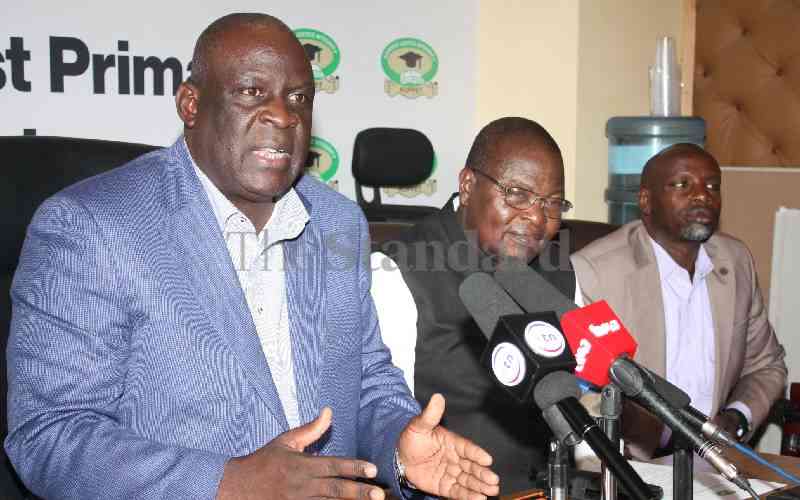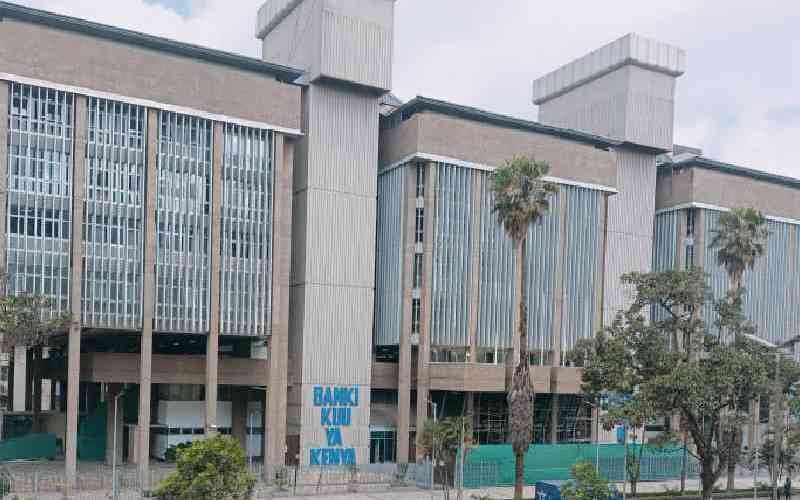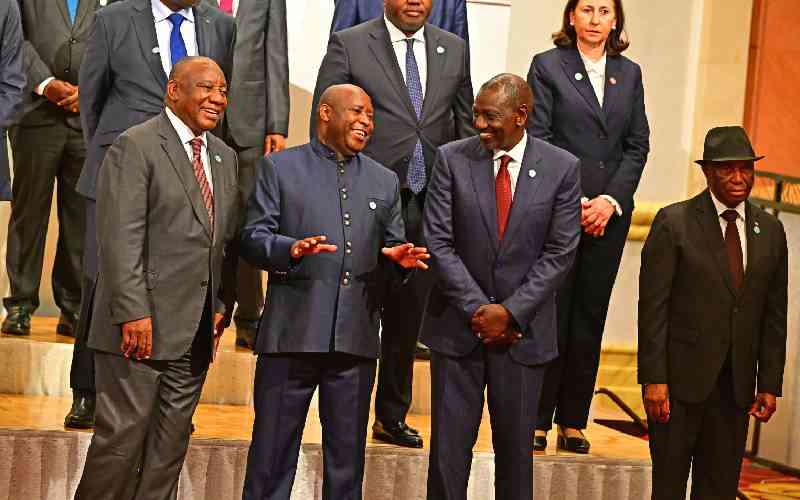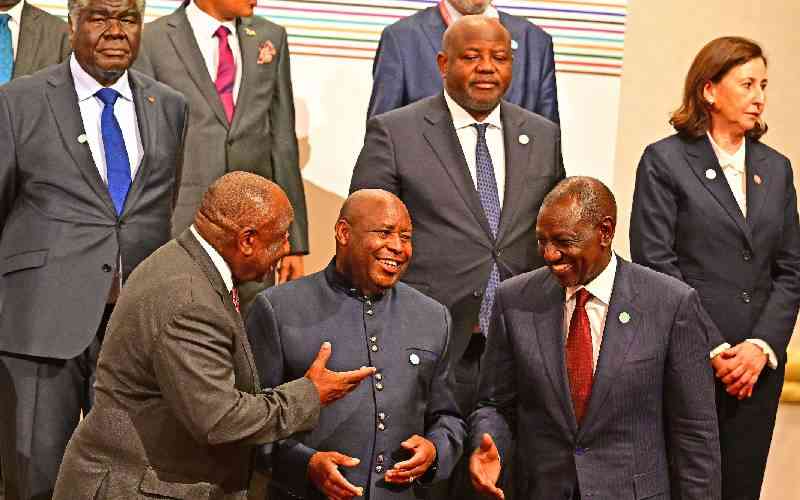
The Kenya Union of Post-Primary Education Teachers (KUPPET) has opposed a proposal by ODM leader Raila Odinga to devolve primary and secondary education to counties, warning the move would destabilise learning and deepen inequalities in the sector.
Speaking in Nairobi on Tuesday, KUPPET Secretary-General Akello Misori said the union “totally rejects” Odinga’s suggestion, made during last week’s 9th Devolution Conference in Homa Bay, that counties should take charge of managing schools.
“Counties are already struggling to provide key services. Early Childhood Development (ECD) teachers are the lowest-paid cadres, earning less than subordinate staff in many counties. How then do we expect them to handle the entire education sector?” Misori said.
While addressing governors and delegates in Homa Bay, Odinga argued that transferring education to counties would eliminate bureaucratic delays and make service delivery more efficient.
“We must break the cycle of managing schools from far away in Nairobi. The time has come to devolve education up to secondary school. It makes no sense for a Cabinet Secretary to travel to Marsabit or Garissa to inspect schools. That should be the work of county governors,” said the former Prime Minister.
But KUPPET leaders insist the country is not ready. Misori recalled that since independence, teachers have consistently defended education as a national function to safeguard equity and uniformity.
“For more than 50 years, teachers have fought for education to remain at the national level. In 2005, we rejected the proposed constitution that sought to devolve education. By 2010, our vote was critical in passing the current constitution because it retained education as a national function,” he said.
The union said devolution has already exposed glaring weaknesses in county management of key services. Health services, Misori noted, have been crippled by frequent strikes and lack of medical supplies, while ECD education is collapsing under poor funding.
“ECD schools lack infrastructure across the board. Teachers earn meagre salaries, some as low as sh10,000, despite a directive that they should be paid at least sh19,300. This is the reality of what counties can offer,” Misori said.
He added that devolving education would only entrench inequality, with some counties able to pay teachers better and invest in infrastructure while others lag behind. “Education must remain the equaliser. Devolving it to counties will make inequality worse and compromise standards,” he warned.
Instead of campaigning for constitutional amendments, KUPPET urged leaders to prioritise fixing urgent issues in the sector. Misori cited the shortage of over 60,000 Junior Secondary School (JSS) teachers, the stagnation of 130,000 teachers awaiting promotions, and inadequate funding for schools as the most pressing problems.
“Parents continue to struggle with school fees while institutions are weighed down by debts. We urge leaders to push for adequate funding and free education rather than spending billions on a referendum,” Misori said.
He also reiterated the union’s call to domicile JSS in secondary schools to take advantage of existing infrastructure, rather than building new facilities in primary schools. In addition, KUPPET proposed a phased elimination of expensive boarding schools by 2030, arguing that students should study closer to their homes to reduce costs for families.
KUPPET National Chairperson Omboko Milemba cautioned that devolving education would dismantle the Teachers Service Commission (TSC) and erode teachers’ labour rights.
Stay informed. Subscribe to our newsletter
“Saying we devolve education means scrapping TSC and handing over teacher employment to counties. That will open the door to misuse, underpayment, and political interference,” Milemba said.
He pointed out that counties already delay paying existing staff, particularly ECD teachers, despite clear guidelines from the Salaries and Remuneration Commission (SRC). “Counties are failing to pay what little they owe now. Giving them control over the teaching profession will create chaos and conflict,” he added.
The union emphasised that education has always served as a unifying factor across Kenya and warned that devolving it could weaken curriculum standards and further marginalise disadvantaged regions.
Despite their criticism, the union welcomed Odinga’s broader call for dialogue on challenges facing the education sector, saying a national conversation is necessary to address funding gaps, teacher shortages, and stalled promotions.
“Kenya needs a genuine national dialogue on education, not a referendum. We should be discussing how to make education free at all levels and how to give teachers the support they deserve,” Misori said.
KUPPET reaffirmed its commitment to safeguarding the teaching profession and urged political leaders to focus on delivering services within the current constitutional framework rather than pursuing divisive campaigns.
“Teachers of this country cannot accept to be placed under MCAs or governors. Education must remain at the national level for stability, equity, and accountability,” said Misori.







